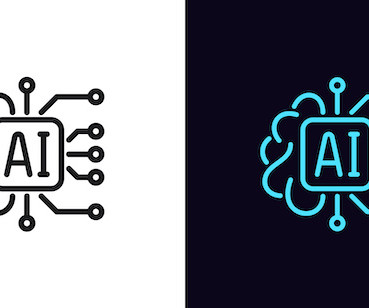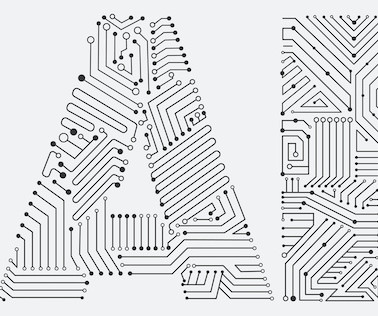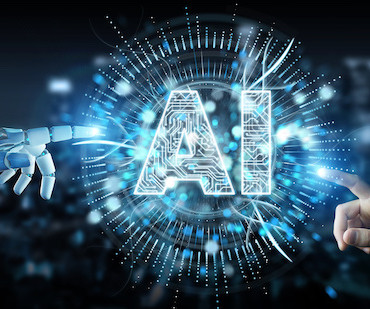What is the Impact of AI on Education?
eSchool News
FEBRUARY 5, 2024
AI streamlines administrative tasks, such as grading, allowing educators to focus on interactive teaching methods and personalized interventions. Efficient administrative tasks: Automated grading and administrative systems powered by AI free up time for educators, allowing them to focus on interactive teaching methods.












Let's personalize your content